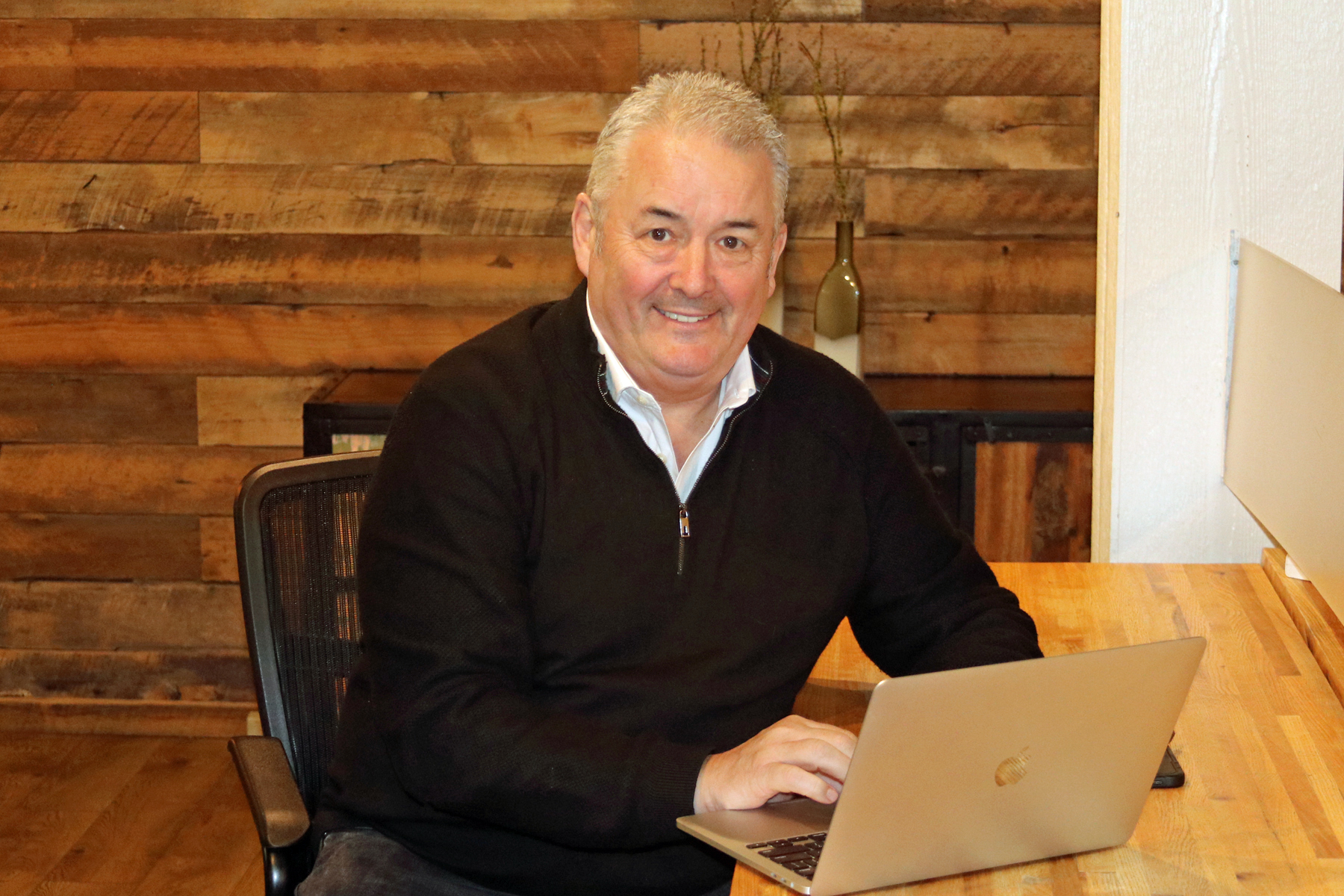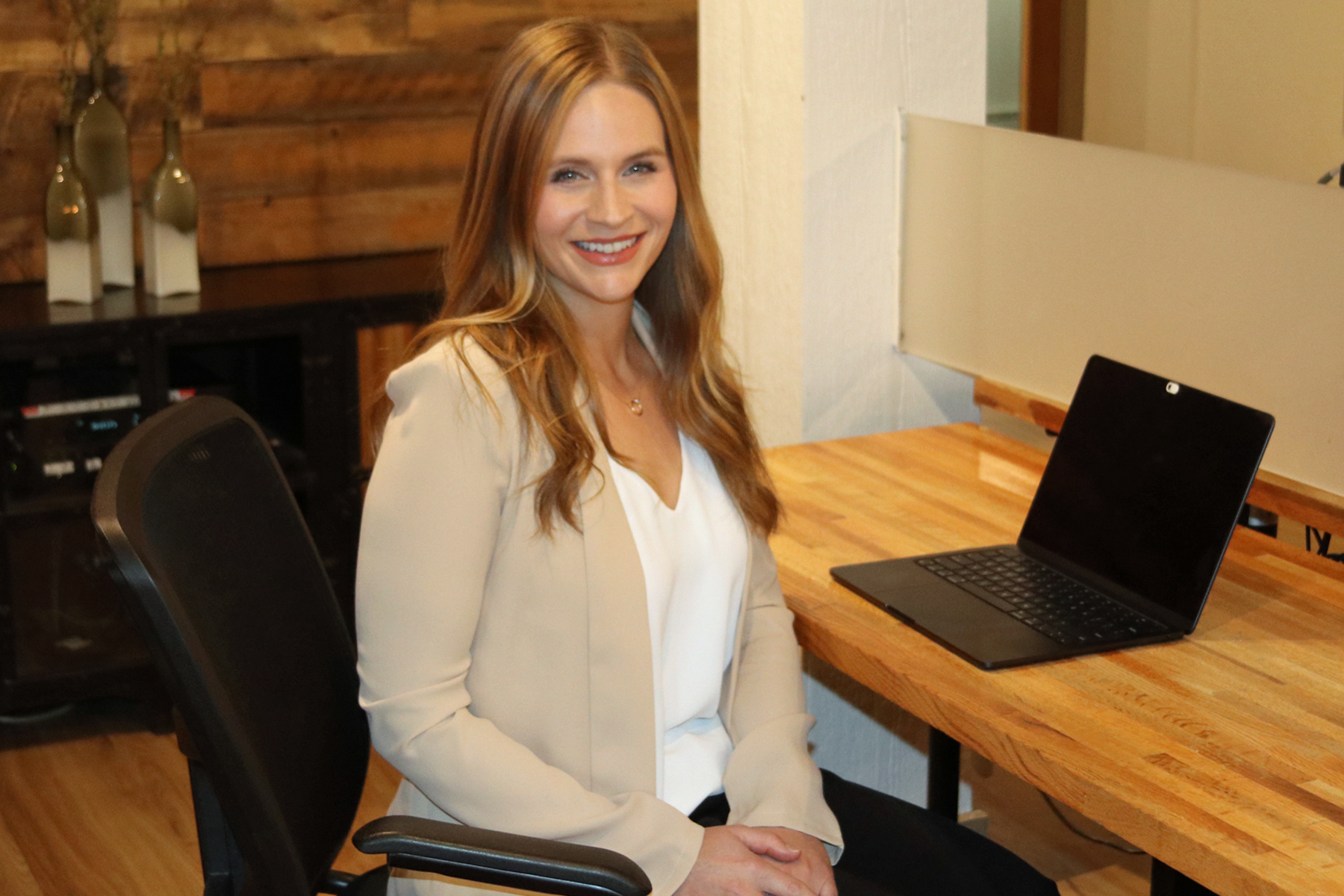
Business as Unusual
An article written by Ian Fortune
Emergency situations have a habit of sneaking up on those affected, but being prepared for various unknowns can set you up for success during a crisis. Chicago-based, specialty steel drum manufacturer, Skolnik Industries understands this better than most. Through years of business continuity strategizing, careful planning and communication, this essential industrial packaging manufacturer positioned itself to survive and thrive throughout a myriad of disastrous mishaps, including a global pandemic like Coronavirus (COVID-19). Both Chairman Howard Skolnik and President Dean Ricker, gave their invaluable insights on what the company has done to prepare for the current crisis we’re in and how it’s managing success through it.
Early on, Skolnik Ind. recognized the importance of having contingency plans in place, should an emergency occur. In the spirit of preparedness, they partnered with Integrated People Solution’s John Estrada, an executive coach and HR consultant, to further this endeavor of business continuity planning. Estrada regularly provided guidance on developing a more robust organization effectiveness and performance during a crisis. This helped leadership to better manage their talent, building a stronger rapport between them and employees – especially when devising drills and emergency scenarios the company might encounter. Through constant communication and care given to the workforce on all levels, the emergence of the COVID-19 crisis has been met with a smooth and purposeful, company-wide transition led by Dean Ricker. Recognizing the threat to health, Ricker proactively shifted the company to a mode of social distancing and applicable remote work to ensure a safer environment for all. Constant communication with employees throughout the crisis has helped to alleviate unnecessary stresses that managerial silence would bring.
No stranger to disaster, Skolnik Ind. has realized the importance of preparing for the unpredictable. After the company suffered a devastating fire in 1987, it eventually bounced back stronger and with a renewed sense of paramountcy placed on the people that would run it. As they began to regain their footing as a company, Howard Skolnik came to see the incident as an opportunity that would not only help to create jobs, but also identify and obtain key talent that would help guide the business with informed experience. From this, a culture of safety and forward thinking was born, and subsequently came with the need for building out a contingency plan, should another crisis emerge. For decades, they’ve practiced some sort of disaster response training, emphasizing proactivity over reactivity. Ultimately, through the increased sense of teamwork and proactivity expressed within the company, they’ve not only identified better processes to work by, but set themselves up for a better adapted future.
Ian Fortune is a copywriter and social media marketer that’s fascinated with the practice of revealing the excitement that lies within the seemingly ordinary. He’s on a tenacious journey to strategically breathe life and a contemporary voice into various forms of online presences. Connect with him about digital marketing, social media management and content creation on LinkedIn or email at fortunewrit@gmail.com.



